
I've been away (in the mountains) without newspapers and with little in the way of internet connectivity, so the sad news of Grace Paley's passing came to me late and indirectly. Very sad, indeed. She wrote her stories very slowly but those of us who awaited them learned to be patient. The new one almost inevitably seemed a part of a whole relevant fiction--a world.
The Little Disturbances of Man in the late 50s,
Enormous Changes at the Last Minute in the early 70s, and finally
Later the Same Day in '85. There were other stories--and poems--after that but these three formed the whole I mean. Each story rewarded separate interest but together they were a life of love, personal flaws and self-criticism, and passionate ethical commitments.
I had taught Grace's stories since the early 80s when in 1999 I created
"the Writers House Fellows"--a program whereby, each spring, I've hosted visits of eminent writers at the Writers House. For the year 2000, I invited
John Edgar Wideman,
Robert Creeley, as well as Grace. What a line-up.
Grace's visit was perfect. The students loved her and she loved the Writers House. Well, nearly perfect. There was one problem.
As Grace and I walked through the garden (such as it was then) into the back door of the House, she missed the step up and fell - hitting her forehead on the ground. She immediately cried out as one of her characters would: "I'm dead! I've died! Where am I?" and turned to me: "Are you real? I'm dead, aren't I? Oh my, oh my, oh my, my head hurts!" I brought her into office 109 and we sat there with Kerry and that year's Fellows coordinator, Adam Kaufman. We asked her what she needed. She said, "Do you have a bag of frozen peas?" We did! She put that bag on the bruised forehead and sat some more. We had maybe 20 minutes before the interview/discussion/live webcast was to start. She and I had gotten along beautifully the day before--during the class and the dinner. But now she suspected I was a dangerous official, pushing his guest to embrace his "show must go on" ideology, and she began to like Adam more and more. If
Adam left the room, Grace would call out, "Adam? Adam? Where's Adam?" Finally Adam persuaded her to let him escort her through the kitchen, dining room, living room and into the Arts Cafe. I went ahead and was waiting for her when she arrived and sat down in the comfy chair we had waiting for her, whereupon she turned to me and whispered: "Okay. I'm ready."
If you watch the video recording of the Tuesday morning interview, you'll notice two things: first, that Grace was superb--witty, ascerbic, political and completely responsive to my questions; second, that she spends some of the time holding a bag of peas to her forehead:
writing.upenn.edu/~whfellow/paley.html.
A member of the Writers House community--who in those days was our chef for Fellows visits--remembers Grace this way:
her visit coincided with valentines day. the house was warm and cozy. i was in the kitchen, tucked out of sight as i liked to be, but with the doors wide open for those who would venture in, and for the occasion cooking by roses and candlelight. she ventured in, stirred the soup, and said something small and sweet that i now forget, but i took to be a blessing on the meal and the event. i was struck by how tiny she was and this gesture of inclusive kindness to someone whom i think she took to be a servant of sorts.
lots of people stopped into the kitchen during my years as house cook--students/house staff to talk out their ideas and sometimes to chop or (usually) to be fed, and fellow professors would sometimes come by after a meal to swap recipes/talk cooking shop, but no guest ever did what grace paley did--come to be alone with me for a
moment in the midst of an event to commune as two women, two caretakers, cooks, unspoken but understood friends.
 Here is a short description of my new book (a draft of the jacket copy):
Here is a short description of my new book (a draft of the jacket copy):





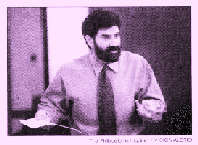




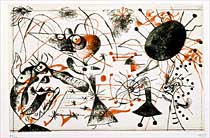


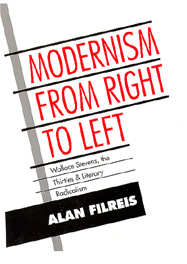






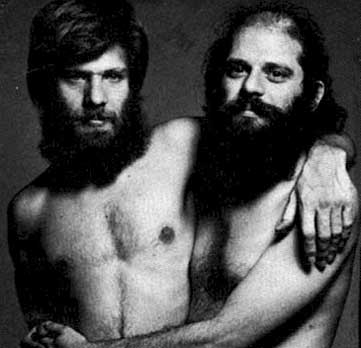
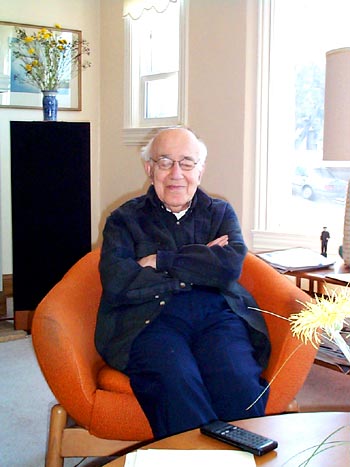







 "I teach horizontally, meaning that while I might begin with a fixed idea of what I'm going to teach that day, I let it drift rhizomatically way off topic, often pulling it back when it gets too far. I rely on non-fixed materials to teach this way; the whole world is at my fingertips. Should I go off on a tangent about John and Rauschenberg and their love relationship as expressed in Rauschenberg's bed, an image of that bed is always a click away. From there, we can head anywhere into the non-fixed universe, be it film, text or sound. And of course, that always takes us elsewhere. As Cage says, 'We are getting nowhere fast.'"
"I teach horizontally, meaning that while I might begin with a fixed idea of what I'm going to teach that day, I let it drift rhizomatically way off topic, often pulling it back when it gets too far. I rely on non-fixed materials to teach this way; the whole world is at my fingertips. Should I go off on a tangent about John and Rauschenberg and their love relationship as expressed in Rauschenberg's bed, an image of that bed is always a click away. From there, we can head anywhere into the non-fixed universe, be it film, text or sound. And of course, that always takes us elsewhere. As Cage says, 'We are getting nowhere fast.'" 

 that anyone has yet got the imaginative measure of that terrifying day six years ago. Certainly our Tolstoy has not crawled out of the rubble. The closest we have, Don DeLillo, succeeded as an essayist-journalist ("In the Ruins of the Future: Reflections on Terror and Loss in the Shadow of September,” Harper’s, December 2001) but, to my mind, failed as a novelist ("Falling Man"). One reason, perhaps, is that the remembered emotion was instantly buried under a pile of cultural junk.' - Tod Gitlin in his review of Susan Faludi's The Terror Dream (written for
that anyone has yet got the imaginative measure of that terrifying day six years ago. Certainly our Tolstoy has not crawled out of the rubble. The closest we have, Don DeLillo, succeeded as an essayist-journalist ("In the Ruins of the Future: Reflections on Terror and Loss in the Shadow of September,” Harper’s, December 2001) but, to my mind, failed as a novelist ("Falling Man"). One reason, perhaps, is that the remembered emotion was instantly buried under a pile of cultural junk.' - Tod Gitlin in his review of Susan Faludi's The Terror Dream (written for 






























